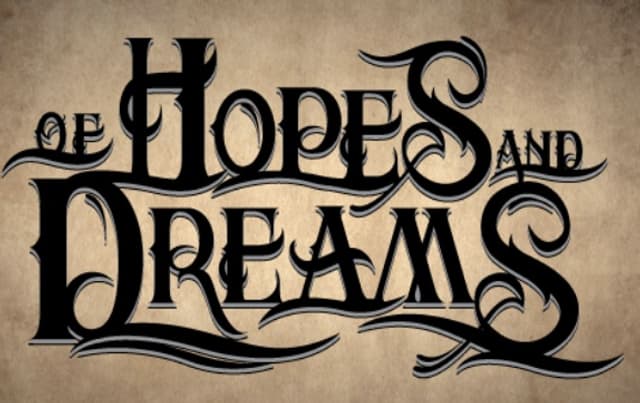Collecting stories from your donors
- Written by
- Simone Joyaux
- Added
- September 27, 2017

I’m a donor. I imagine you are, too. I hope you are. I expect anyone who works in the philanthropic sector to be a financial donor.
Think about your experience as a donor. Have you ever been asked to tell your philanthropic story? Have you – as a fundraiser, board member, or executive director – ever asked a donor to tell her story?
Surely this is one of the most important activities you can do as a nonprofit: inviting a donor to share her feelings about giving to you. Certainly this is one of the most meaningful conversations a donor could ever have: sharing her hopes and dreams.
So what are the questions you want to be asked, as a donor? What do you want to ask a donor? Think about it, jot down your ideas for questions. Ask a donor what she wants to be asked. Ask another donor what he wants to be asked.
Put together a list: questions that have been buzzing in your head, questions suggested by donors. Start out slowly and gently. If the donors are receptive – and I imagine they will be – ask deeper questions.
This is your job, finding out why donors give. This is your joy, learning why donors give.
Think about this: Do you know what your donors like the best about you – and what they don’t like? Do you know what interests them and what doesn’t? Do you know their feelings about the cause? Do you know their hopes and dreams?
It’s your job to know all this. More importantly, it should be your wish to know all this. Reach out and ask. Interview your donors. Collect their stories.
Giving to charity is a very personal act – one of the most meaningful acts a person can make. I hope you want to understand why. I hope you care enough about your donors to find out why.

Always remember: your organisation is the conduit by which the donor achieves her aspirations. You are the means by which the donor lives out his dreams. Keep in mind that the donor can find another conduit, another organisation. That’s why you must nurture relationships effectively, or lose your donors.
You collect their stories to demonstrate that you care. You collect their stories so you can better nurture the relationship with them. You collect their stories to use in your newsletter and your annual report, in your solicitations and on your website (with their approval, of course).
Here’s another idea: if she told you her story during a conversation, type it out and send it to her. She’ll be so proud. I’ll bet she shows the story to her family.
Start right now. Prepare the questions and schedule the appointments. And collect the stories! Assign board members and staff to interview donors.
Here are some questions that I want to ask and be asked. How about you?
- What interests you most about this organisation? What is less interesting to you?
- Why does this cause matter to you?
- Why did you give your first gift to this organisation? (Thanks to Richard Radcliffe, UK legacy consultant, for this question.)
- What do you tell others about us? How do you describe this organisation to others?
- If you could change the world, what would you do? Or another version: what changes do you believe would make the world a better place?)
- What would you like to pass on to future generations? Another version: what would you like to pass on to the next generation, e.g., your children, your nieces and nephews, other children?)
- Who have been the leaders and mentors in your life’s journey? Why and how have they affected you?
- How does your philanthropy reflect your values?
- If you had a personal mission statement or slogan, what would it say?
- How do you want to be remembered?
I’ll say it again: it’s your job to collect the stories of your donors. You treasure the information because you treasure your donors. You honour their stories because you honour them. You respect their interests and disinterests because you genuinely respect them.

It’s appalling how few organisations ask donors to share their philanthropic stories. It’s sad to think about all those donors who want to be asked why – and aren’t. What are you going to do about this?


















